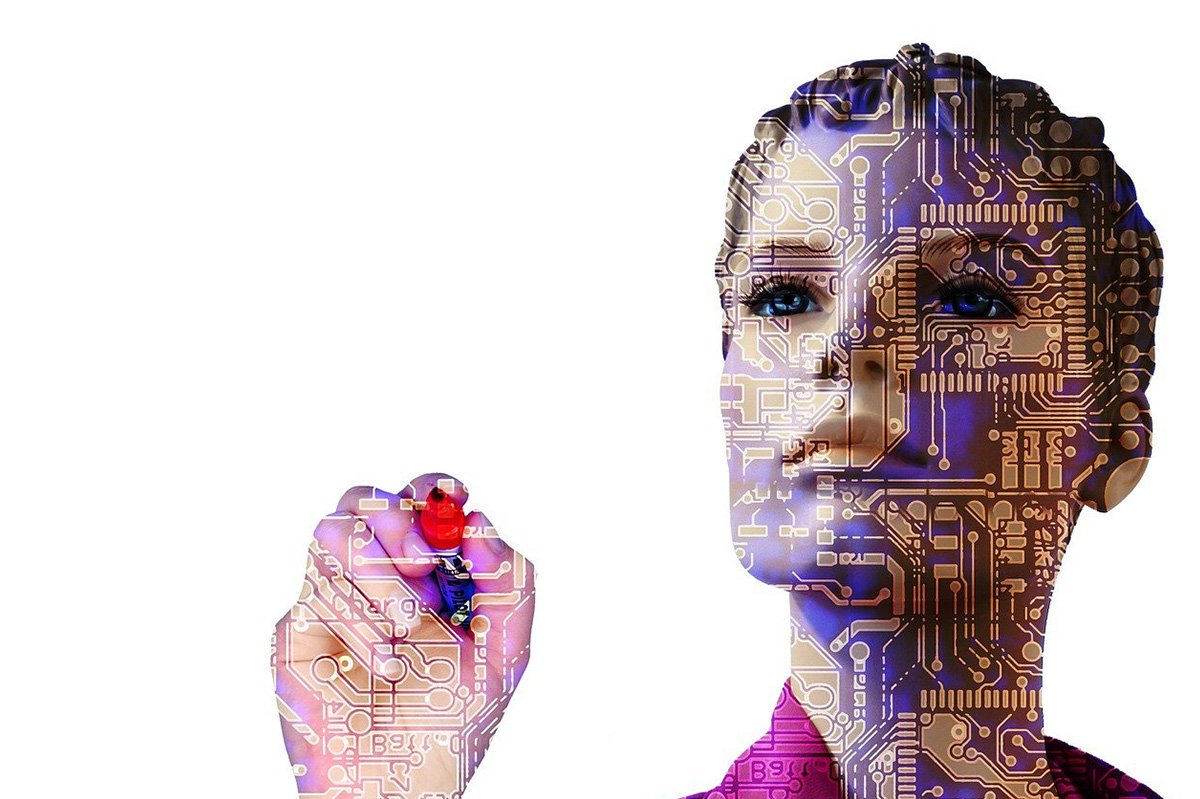Introduction:
In recent years, the rapid advancements in artificial intelligence (AI) have brought about transformative changes in various industries. One remarkable development is the emergence of Chat GPT, an AI language model capable of engaging in human-like conversations. While this technology offers exciting possibilities, it also raises important ethical considerations. In this blog, we will explore the ethics of Chat GPT and navigate the challenges associated with AI conversation.
The Power and Potential of Chat GPT:
Chat GPT demonstrates the immense capabilities of AI, enabling natural language interactions and enhancing user experiences. Conversations with AI language models like Chat GPT can be informative, entertaining, and even therapeutic. However, with great power comes great responsibility. The ethical implications arise when considering the impact of AI on privacy, bias, misinformation, and other ethical concerns.
Privacy Concerns in AI Conversations:
As Chat GPT interacts with users, there is a need to address privacy concerns. Conversations may involve sharing personal information or sensitive topics, which should be handled with utmost care. User data and conversations must be handled securely, ensuring confidentiality and consent. Striking a balance between personalization and privacy becomes crucial in the ethical development of AI technologies.
Bias in AI Language Models:
AI language models like Chat GPT learn from vast amounts of data, which can inadvertently include biases present in society. These biases can manifest in the form of gender, racial, or cultural biases, among others. It is essential to address bias to ensure fairness and avoid perpetuating discriminatory or harmful content. Ethical guidelines should be established to mitigate bias and promote inclusivity in AI conversations.
Misinformation in AI-Generated Content:
The potential for AI-generated misinformation poses a significant challenge. Chat GPT, as an AI language model, has the capacity to generate content that can be misleading or inaccurate. To ensure ethical AI communication, Chat GPT must be trained to verify facts and provide accurate information to users. Striving for transparency and implementing fact-checking mechanisms can help combat the spread of misinformation and uphold ethical standards in AI-generated content.
Responsible AI Practices:
To navigate the ethical challenges of AI conversation, responsible practices should be implemented. This includes continual monitoring, user feedback, and iterative improvements to address biases, privacy concerns, and misinformation. Collaboration between AI developers, researchers, and ethicists can promote responsible AI development. Establishing standards and guidelines for AI language models like Chat GPT can help ensure that they are developed and deployed in an ethically sound manner.
Ensuring Fairness in AI Conversations:
Fairness is a crucial aspect of ethical AI communication. It involves treating all users equally and avoiding discrimination or favoritism. AI language models should be designed to handle diverse perspectives and respect different cultural backgrounds. By addressing biases and promoting inclusivity, AI conversations can be conducted in a fair and equitable manner.
Promoting Transparency in AI Technologies:
Transparency is vital in building trust and ensuring accountability in AI communication. Users should be aware that they are interacting with an AI language model and not a human. Providing clear disclosure about the limitations and capabilities of Chat GPT can help manage user expectations and avoid potential ethical issues. Transparency also involves openness about data usage, model training, and any potential biases that might be present in the AI system.
Conclusion:
As Chat GPT and similar AI technologies continue to evolve, it is crucial to prioritize ethics in AI conversation. Addressing privacy concerns, mitigating bias, combating misinformation, promoting responsible practices, ensuring fairness, and promoting transparency are key to navigating the ethical challenges associated with Chat GPT. By doing so, we can harness the potential of AI communication while ensuring ethical use and positive societal impact.
Remember, the ethical considerations surrounding Chat GPT are ongoing, and continuous evaluation and improvement are essential to shape a responsible and ethical AI landscape.
Feel free to adjust and modify the blog as per your requirements and desired style.











Leave a Reply